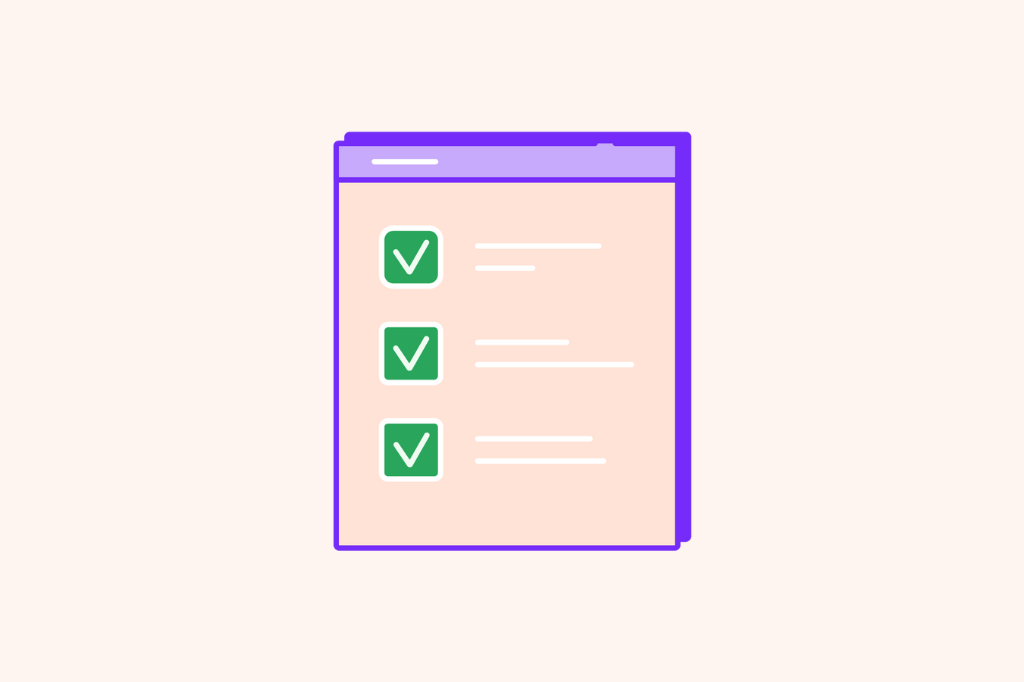How to create a procurement request workflow with role-based approvals
Build a procurement workflow that routes purchase requests to the right approvers by role, tracks status changes, and automates notifications.
.jpg)
Build a clean, role-based procurement approval flow
This guide shows you how to create a complete procurement request workflow using one single form with requester fields, supervisor approval fields, and finance approval fields, all powered by conditional logic and admin-only sections.
Employees request purchases, supervisors review them, and finance performs the final approval, all inside one dataset with full auditability.
📘 Learn more: Create your first form, app, or portal in a flash
Why this helps
- Procurement teams manage all requests, approvals, and status changes in one place.
- Supervisors and finance approvers only see the fields relevant to them through role-based logic.
- Reduces manual back-and-forth by using On Submit and On Update logic to route requests.
- Perfect for teams with internal procurement SLAs or multi-level purchasing thresholds.
📘 Learn more: Build personalized and time-saving flows with logic and automation
https://help.formaloo.com/en/articles/11321520-build-personalized-and-time-saving-flows-with-logic-and-automation
Step 1 – Create your procurement request form
You can start from scratch or use a template from our Template Gallery such as a Purchase order approvals.
You can also use Magic Create, with a prompt like:
“Procurement request form with requester details, item description, cost estimate, urgency, and approval workflow fields.”
Add requester-facing fields such as:
- Full name
- Department
- Item name
- Item description
- Estimated cost
- Urgency level
- File upload (quote or vendor proposal)
💡 Tip: Keep requester questions on Page 1 for a clean structure.
📘 Learn more: Form editor and field types
https://help.formaloo.com/en/articles/8147736-form-editor-and-field-types
Step 2 – Add hidden supervisor & finance sections
These sections will be admin-only or shown conditionally based on role/status.
Add Supervisor Review fields
Create a new page or section titled Supervisor review and add fields such as:
- Approval decision (Approve / Reject / Needs more info)
- Supervisor notes
- Status (internal admin-only field: New → Supervisor approved → Finance review → Completed)
Mark these fields as admin-only if necessary.
Add Finance Approval fields
Add another section titled Finance approval, with fields:
- Finance decision (Approve / Reject)
- Final approved budget
- Finance notes
- Status update (e.g., “Finance approved” or “Closed”)
💡 Tip: Admin-only fields allow supervisors and finance team members to update the same submission without exposing internal fields to employees.
📘 Learn more: Customize your form/app layout and design
Step 3 – Add conditional logic to show sections by role & status
We will use Field Logic and On Update Logic to control visibility.
Use logic such as:
Show Supervisor review section when Status = “New”
When passed to finance
Use logic such as:
Show Finance approval section when Status = “Supervisor approved”
💡 Tip: If you run this inside a portal, role-based visibility becomes even more powerful.
📘 Learn more: Show or hide questions or fields based on previous answers
Step 4 – Automate routing with On Submit and On Update logic
Use On Submit to notify supervisors when a new request comes in.
Use On Update to notify finance when supervisor approval is submitted.
Examples:
Logic for initial submission
When form is submitted AND cost > X
→ Send email to Supervisor
→ Set Status = New
Logic when supervisor approves
When Status is changed to Supervisor approved
→ Send email to Finance
→ Assign record to Finance role
Logic when finance approves
When Status = Finance approved
→ Send confirmation email to requester
📘 Learn more: What is On Submit logic and how it works
Step 5 – Build a procurement dashboard for reviewers
In your app’s Pages, add a Table or Kanban board to manage review stages.
Suggested setups:
Table
- Filter: Status = New → Supervisor View
- Filter: Status = Supervisor approved → Finance View
- Filter: Status = Completed → Archive
Kanban
Group by Status to visualize the full approval pipeline:
- New
- Supervisor approved
- Under finance review
- Finance approved
- Completed
💡 Tip: Add multiple filtered tables so each role sees their own queue.
📘 Learn more: How to showcase charts based on form responses
Step 6 – Wrap it inside a procurement portal (optional but recommended)
Turn your app into a portal so employees, supervisors, and finance team members log in and see only the pages and records meant for them.
- Employees: Submit new procurement requests & track their own submissions
- Supervisors: View and update requests
- Finance team: Only see requests ready for finance approval
📘 Learn more: How to create a portal and manage users’ access
Pro tips
💡 Pro Tip 1 – Add budget thresholds
Use logic to route low-value purchases directly to finance, but high-value ones to an additional senior supervisor.
💡 Pro Tip 2 – Add PDF purchase approvals
Finance can attach an approved RFQ or a PDF summary using the custom PDF builder.
📘 Learn more: Custom PDF builder
💡 Pro Tip 3 – Add AI smart analysis for spending trends
Use AI blocks to summarize procurement requests or identify patterns.
📘 Learn more: Formaloo AI
Real-world example
A mid-sized technology company built this exact procurement workflow in Formaloo to control spending.
Employees submit requests that supervisors approve in the same form, and finance sees only submissions marked as “Supervisor approved.”
This reduced procurement processing time from 5 days to under 48 hours, thanks to clear dashboards and automation.
📈 See more examples: Formaloo use cases
https://help.formaloo.com/en/collections/7489861-use-cases
FAQ
1. Can different departments have different approval flows?
Yes. Use conditional logic based on “Department” to show different supervisor sections or statuses.
🔒 Learn more: Advanced logic rules
2. Can we track procurement stages visually?
Absolutely. Add a Kanban board grouped by Status.
3. Can requesters see the status of their procurement request?
Yes, if you publish your workflow inside a portal and allow users to view their own submissions.
❓ Learn more: Create a portal and manage users’ access
You now have a fully automated procurement workflow
Your team can submit purchase requests, perform role-based reviews, and finalize procurement approvals, all inside one clean workflow.
Next, enhance your process with dashboards, custom PDFs, or a full procurement portal.
Last updated November 2025



.jpg)
.png)













